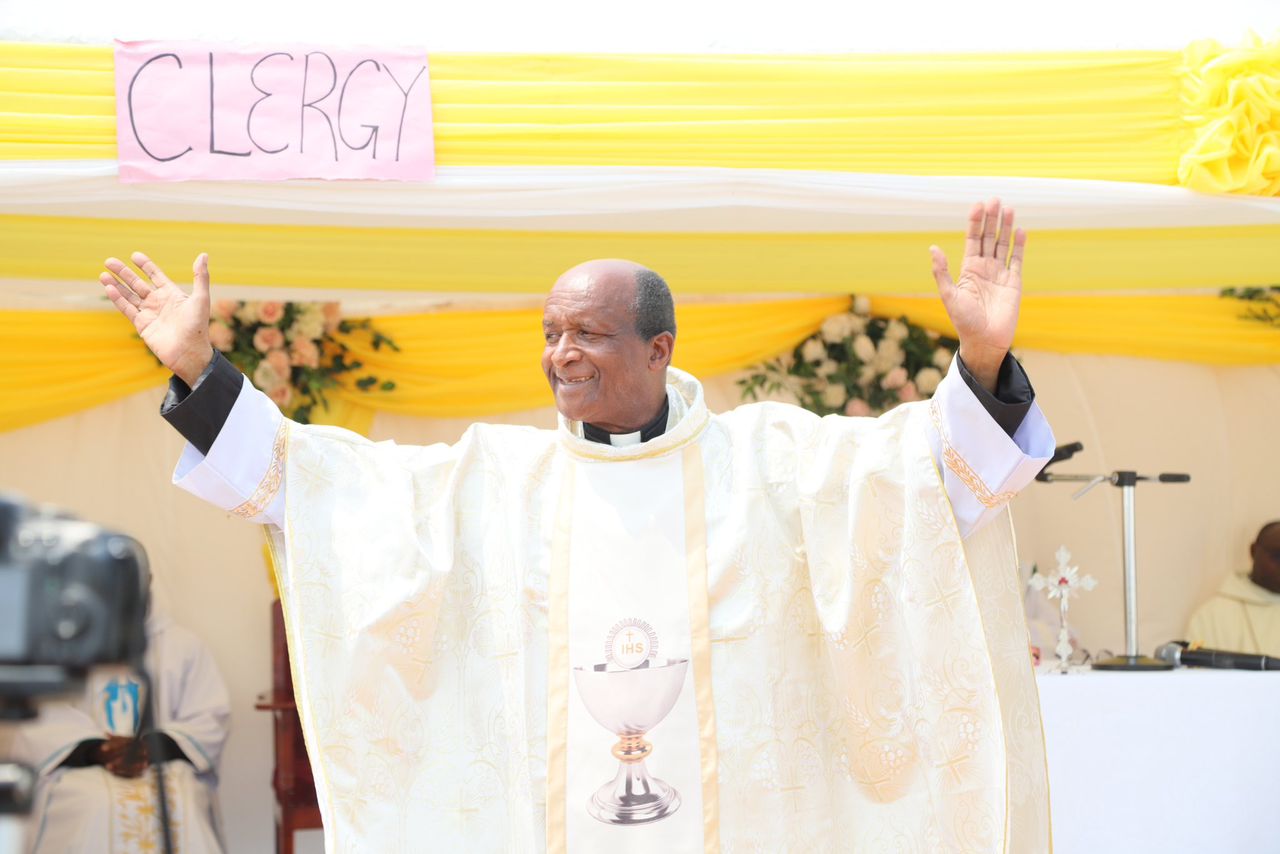Civil society organisations in the Kigezi Sub-region have expressed growing concern over what they describe as an increase in religious sectarianism during the ongoing electoral process.
The organisations warn that the trend threatens to undermine democratic principles and could deprive communities of competent leadership.
Speaking during a joint briefing, the Executive Director of the Kigezi Human Rights Foundation, Daniel Eguma, and the Chief Executive Officer of Kick Corruption Out of Uganda, Robert Kakuru, urged residents to refrain from electing leaders based solely on religious affiliation.
Kakuru noted that religious leaders have increasingly been rallying their followers to vote for candidates from their respective faiths, regardless of the candidates’ policy positions or competence.
“If this trend is not addressed, it may deny citizens the chance to elect capable leaders who can drive development in the area,” he said.
Eguma criticised the Electoral Commission (EC) for what he termed inadequate action to curb the vice, arguing that limited voter awareness has enabled sectarian tendencies to grow.
“If citizens are fully educated about their rights in the electoral process, sectarian practices would be greatly reduced,” he said.
Within the political establishment, concerns are also emerging. The Kabale District NRM party publicity secretary, Edison Turyahabwa, acknowledged that religious polarisation is weakening the party’s support base in the region.
“There is need for urgent intervention if the NRM’s support is to remain solid in this area,” Turyahabwa said, calling on President Yoweri Museveni to address the issue.
Responding to the concerns, Electoral Commission spokesperson Julius Mucunguzi reiterated that religious sectarianism is illegal under Ugandan law. He emphasised that civic and voter education must be continuous and not only conducted during elections.
“The Uganda Human Rights Commission is constitutionally mandated to undertake civic education, while the Electoral Commission handles voter education,” he said.
“Civic awareness is a shared responsibility. Those pointing fingers should remember they are also part of the solution.”
Faith-based organisations have also pledged to step up their efforts.
The Director of the Justice and Peace Commission for Kabale Diocese, Rev. Fr. Balthazar Ndyomugabe, said the church will intensify civic education campaigns across communities.
“Religious sectarianism is a symptom of low civic awareness. Addressing poverty and empowering communities is essential in reducing these divisions,” he said.
Civil society groups, political leaders and religious institutions have all called for coordinated action to prevent sectarianism from influencing the electoral process, warning that failure to act could erode democratic participation and social cohesion in the Kigezi Sub-region.


